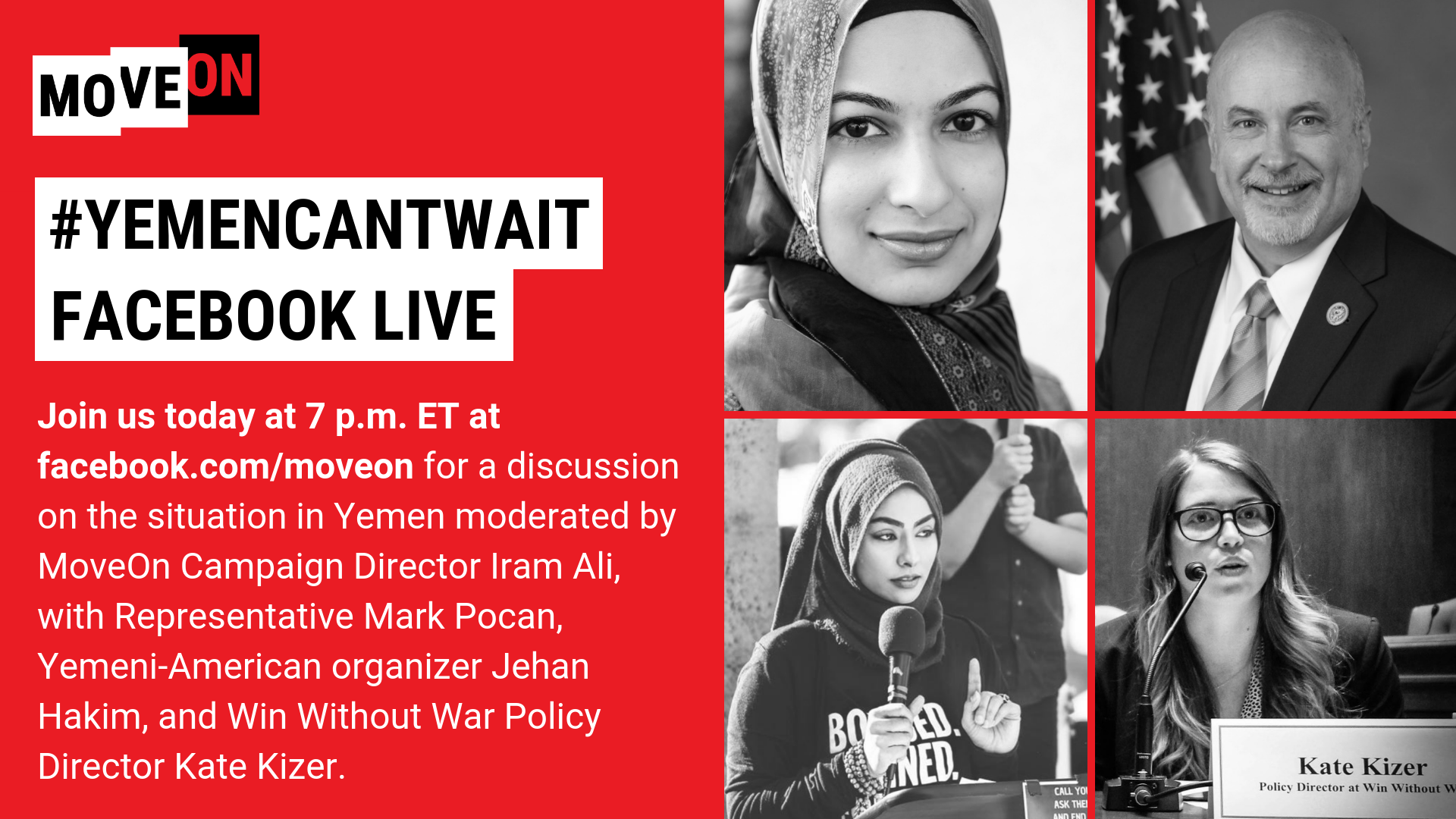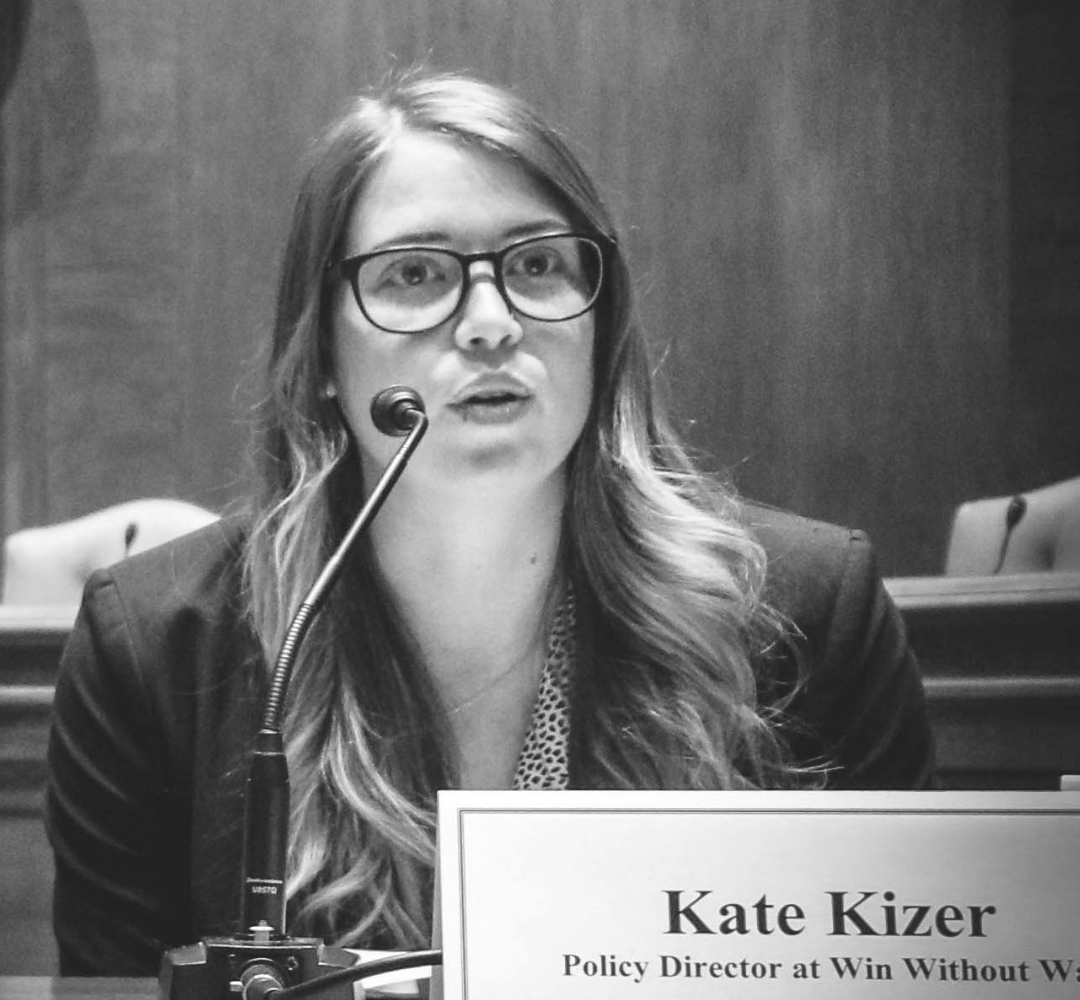[SocialistWorker.org] Solidarity rises up to greet the caravan in Mexico
SocialistWorker.org
Report from Mexico
Solidarity rises up to greet the caravan in Mexico
, , and report from Mexico and the U.S. on the progress of the migrant caravan through Mexico — and on the inspiring displays of solidarity at every stop that set an example for activists in the U.S.
DONALD TRUMP has been demanding for weeks that Mexico prevent the Central American migrant caravan, now numbering some 5,000 people, from reaching the southern border of the U.S.
Instead, on its journey through Mexico, the caravan has been met with solidarity and love, not scapegoating and hate.
The migrants fleeing violence, repression and poverty in Central America received substantial support from the communities they pass through, including popular mobilizations that at times compelled local officials to also provide assistance, despite the government’s traditional hostility to migrants.
This is a welcome contrast to the militarized reception that the Trump administration — along with neo-fascist movements inspired by Trump — are preparing at the U.S. border.

Such solidarity is an important source of hope. If the popular support and mobilization for the caravan was able to compel Mexico’s authoritarian government to avoid overt use of force against the migrants — at least so far — then supporters of the migrants in the U.S. can take confidence that that their initiatives can have an effect as well.
This response of ordinary people in Mexico is unsurprising for a number of reasons.
Trump’s racist and xenophobic attacks on Mexicans themselves have encouraged a deeper sense of solidarity with the rest of Latin America — and attempts by Republicans to demonize people in the caravan as invaders, terrorists and criminals has actually drawn more attention in Mexico to the real reasons people are fleeing: extreme poverty and political marginalization.
Plus, Trump’s claims that Mexico was doing nothing to stop the caravan get little traction in Mexico, where the government’s role as a junior partner in U.S. efforts to prevent Central Americans from reaching the southern border are widely recognized.
Hence, the demands that outgoing President Enrique Peña Nieto take steps to block the caravan created a difficult situation for an already hated politician, since the open use of force at the behest of Washington risked a backlash against an administration that already has the reputation of resorting to violence against all threats.
Any attempts made by the Peña Nieto government to halt or demoralize migrants through police barricades and abductions prompted strong denunciations from political, religious and other leaders demanding that the Mexican government stop acting as a “watchdog for U.S. interests.”
The incoming president Andrés Manuel López Obrador (known as AMLO), who takes office on December 1, has declared that he “will not do the United States’ dirty work” on migration, and while AMLO is not as radical as the U.S. media make him out to be, Mexico will be less likely to act as a border guard for Washington.
MORE IMPORTANT to the caravan’s progress than anything the government has done has been the surge of solidarity from communities all along the way in Mexico.
The caravan defied federal police in riot gear and armed with tear gas at the border crossing into Mexico at Ciudad Hidalgo, Chiapas, on October 20, and again faced a force of 700 federal police on the highway to Tapachula, who finally withdrew when the migrants came within 200 yards.
The caravan reached the city of Mapastepec in Chiapas around October 25, where volunteers from the Morelia campus of the National Autonomous University of Mexico who were delivering aid reported being amazed by the way in which community members organized to provide food and shelter to the thousands of migrants — despite widespread evidence of poverty and neglect by the state in the community.
The volunteers described the solidarity shown as a moving but absolutely necessary response to the heartbreaking conditions of the migrants, many of whom are families with young children, including one couple with a 21-day-old infant.
The next day, while the caravan was moving on from Mapastepec, Peña Nieto apparently decided to shift from attempts at direct force to a more conciliatory posture. The government announced its “Estás en tu casa” (You are in your home) plan, which offered medical attention, schooling for children and regularization of legal status for migrants, all provided they did not leave Chiapas or Oaxaca.
Reports on the number of people who accepted Peña Nieto’s offer vary widely — Mexican authorities claim to have granted nearly 3,000 temporary visas, while Denis Omar Contreras of Pueblos sin Fronteras (People Without Borders) stated that 99 percent of the migrants rejected the proposal. Clearly, the main body rejected it and continued onward.
When the caravan, then numbering more than 7,000 people, arrived in Juchitan in Oaxaca on October 30, the city mobilized to provide food and shelter.
Juchitan was badly damaged during the earthquake in September 2017 that killed 98 of its inhabitants. But even as parts of the city remain in disrepair, the local government, members of Section 22 of the Oaxaca state teachers’ union and others organized relief efforts for the caravan. That same day, the main body of a second caravan arrived in Mexico.
Despite xenophobic calls by some to ignore the caravans, residents of Juchitan provided support. Many recalled how migrants from Honduras, El Salvador and elsewhere stopped on their way to the U.S. border to help dig victims out of the rubble in the aftermath of the 2017 earthquake.
An entire bus terminal was turned over to be temporary housing for the caravan, and health care professionals arrived to provide medical attention. The second caravan received the same hospitality when it arrived on November 5.
It was here in Juchitan that members of the caravan decided, by democratic vote, to split into two groups. One group continued to travel through Oaxaca en route to Veracruz, and the larger group went on a more direct route to Veracruz.
Once there, the migrants were offered transportation to Mexico City by state authorities, but in the end, most migrants got to the capital by riding on the backs of trucks and trailers making the trip or in other vehicles passing through the state.
THE MAIN body of the first caravan arrived in Mexico City early in the first week of November. The migrants were provided temporary shelter in the large Complejo Deportivo Magdalena Mixhuca (Magdalena Mixhuca Sports Complex) east of the city.
Here, they remained for the week, resting and regrouping for the second half of the journey ahead, while discussing next steps and voting on how to proceed in nightly assembly meetings.
The bulk of the caravan’s members slept in large tents inside the stadium, while those who could not find space or arrived later slept in the bleachers and in makeshift tents scattered around the property.
The LGBT Migrant Solidarity group of Mexico City, including LGBT Quakers, also organized to welcome LGBT members of the caravan.
These activists reported being overwhelmed by the sight of the caravan itself. Most people had been walking for three weeks, and were nearly destitute when they arrived. Most had no sweaters to protect them from the cold, high-altitude weather of Mexico City. Very few had blankets, either. The blankets some possessed were flea-infested and in tatters. But whatever they had, the migrants shared.
After a meeting with the LGBT Quakers, an assessment of the particular needs and wants of caravan members was undertaken. Volunteers discovered that retroviral HIV treatment, STD tests, condoms and numerous other medical supplies were needed. Within 24 hours, LGBT organizations of Mexico City had begun responding. Volunteers report an Occupy-style atmosphere of organic solidarity.
Many trans women also requested deodorant, shampoos and makeup. Volunteers answered this call, too, and were disappointed to learn of machista discrimination against LGBT groups in the caravan. They have made extensive efforts to ensure that future queer migrants would be warmly received.
At a forum organized for these groups to speak publicly about their issues, queer migrants, heartened by the support they received, began chanting; “Trans resistance is here!”
Greater Mexico City has more than 23 million inhabitants, and the caravan arrived at the peak of a citywide “corte de agua” (water outage), with a majority of population without running water for over a week as the city struggles to repair its failing infrastructure.
Nonetheless, Chilangos (the nickname for people from or living in Mexico City) were very hospitable. Indeed, many are no strangers to such a dangerous journey.
At the stadium, volunteers delivered supplies, provided massages and haircuts, made fresh tortillas, and offered daycare and games for children. Mariachis entertained crowds of people, and food trucks gave out food.
The city government, as well as big NGOs like Oxfam, Save the Children, the Red Cross and UNICEF, had a presence at the stadium, but the fact that the migrants in the caravan were themselves running the show was never in doubt. Collectively, caravan members have been making major decisions and articulating their demands to local governments and NGOs.
This included an effort by 200 caravan members who traveled to the UN offices in Mexico City on November 8 to try to negotiate buses to carry them further north. By the next day, it became clear that the UN was unwilling to provide such assistance, and members agreed to set out on the second half of their journey on Saturday morning.
After receiving free transportation via metro to northernmost part of Mexico City, migrants again set out on foot for the next leg of their journey to Querétaro, and from their eventually to the Tijuana-San Diego border crossing. Meanwhile, two subsequent caravans reportedly met up and merged while on their way to Mexico City.
THOUGH IT is around three times the distance to the nearest border crossing into McAllen, Texas, caravan members decided to travel to Tijuana because the route is believed to be somewhat safer.
Even so, the caravan will face brutal weather and will have to pass through areas where migrants are frequently abducted by criminal organizations operating in the region.
The massive growth of the narcotics industry in Latin America to service the U.S., along with the “drug war” promoted by Washington, has allowed cartels to seize control of most rural municipal governments, effectively splintering the countryside into what researcher Claudio Garibay Orozco describes as a matrix of competing narco-fiefdoms, frequently at war with one-another.
Meanwhile, the U.S. has intensified control over a limited number of border crossings, contributing to the increased violence in the north of Mexico — though the militarization of the U.S.-Mexico border has done virtually nothing to halt the flow of drugs.
These are the conditions that the caravan will face now. Given their precarious social status and political marginalization, migrants passing through these fiefdoms are particularly vulnerable to extortion and random aggression, including the horrific levels of femicide near the border.
Migrants are also frequently forced by cartels, under threat of death, to act as drug mules — and then they are labeled and treated as criminals by U.S. authorities.
It was just such threats that forced many of the migrants in the caravan from their homes in Central America. Banding together for the journey, rather than attempting to reach and enter the U.S. individually or in smaller groups, will hopefully increase the chances of migrants reaching the U.S. alive.
But these are still grave and intolerable risks in the caravan — and that is not to mention the threat they face at the border, including the deployment of the most powerful military in the world.
Nevertheless, the solidarity for the caravan shown across Mexico is inspiring, and it should encourage our efforts in the U.S. to build solidarity. Protests and actions in the U.S. should not only oppose the Trump administration’s cruel response at the border, but illuminate the policies and actions of the U.S. government in Latin America that contribute to forced migration in the first place.
Forced international migration is a vital question for the international working class, as the living conditions of workers everywhere continue to deteriorate and as the ruling classes of numerous nations become increasingly reactionary in their efforts to channel popular dissent into nativist and xenophobic outlets.
In these conditions, internationalist politics are more important than ever. As the Mexican people have shown, the necessary solidarity is already present, waiting to be mobilized.
Further reading
- Elizabeth Schulte
Fear and loathing and more fear
- Rory Fanning and Spenser Rapone
Refuse to follow Trump’s orders
- Tyler Zimmer
Will Trump sign an ethnic cleansing order?
- Danny Katch and Khury Petersen-Smith
Their courageous caravan needs our solidarity
- Kristen Kelley
The many victims of Trump’s war on refugees
E-mail alerts
Get e-mail alerts from SocialistWorker.org
Original article
print print reply reply












